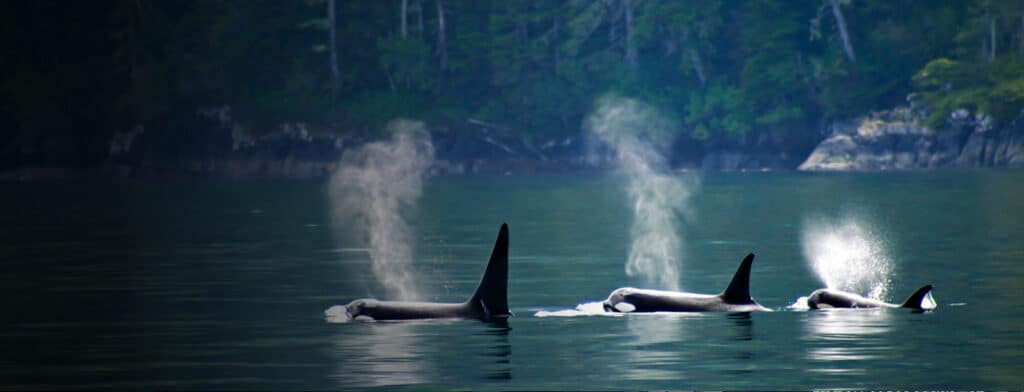
Blog
Search
Issues
Projects
-
Fighting for my community
Yesterday, I was arrested outside the Supreme Court alongside nine other activists and pipeline fighters for taking a stand against the Atlantic Coast Pipeline.
-
The Case for Deforestation Free Investing
Who wants to retire into a world blazing with wildfires, raging with floods, and boiling over with mass discontent?
-
For Arctic Indigenous people, is foresight 2020?
It is important for Arctic Indigenous peoples to be heard at this crucial meeting, to help people understand why we need the Arctic to remain cool by reducing emissions from shipping and other sectors…
-
International examples offer US a blueprint for aquaculture regulation in 2020
For many years, powerful corporations, assisted by the very U.S. agencies tasked with protecting and managing our ocean resources, have collectively been pushing for development of industrialized fish…
-
California budget boosts healthy food for kids and markets for farmers
School food advocates cheered earlier this month when California Governor Gavin Newsom announced a major boost in state funding for California school food.
-
Harvard and TIAA’s farmland grab in Brazil goes up in smoke
TIAA, Harvard and the other institutions buying up farmland in Brazil and elsewhere around the world must stop pretending that their practices are sustainable.
-
EXIM should not fund detrimental natural gas project in Mozambique
An obscure government agency, the U.S. Export Import Bank (EXIM), will decide this week whether or not to fund a $5 billion liquefied natural gas (LNG) investment, the agency’s largest transaction e…
-
Plant-forward food: A powerful step toward climate-friendly schools
th up to seven billion school meals served annually, small menu shifts that swap meat dishes for plant-based entrees can significantly reduce greenhouse gas emissions and other environmental harms. S
-
GMO Animals: From Lab to Factory Farm
Instead of altering the animal, we need to fix the farm. Instead of creating GMO pigs that are resistant to diseases, we should focus on the root cause of the problem: industrial agriculture and horr…
-
Why talk of regenerative agriculture should include pesticide reduction
Including pesticide reduction as a vital part of the regenerative agriculture conversation ensures that Monsanto and its ilk do not define the path forward.